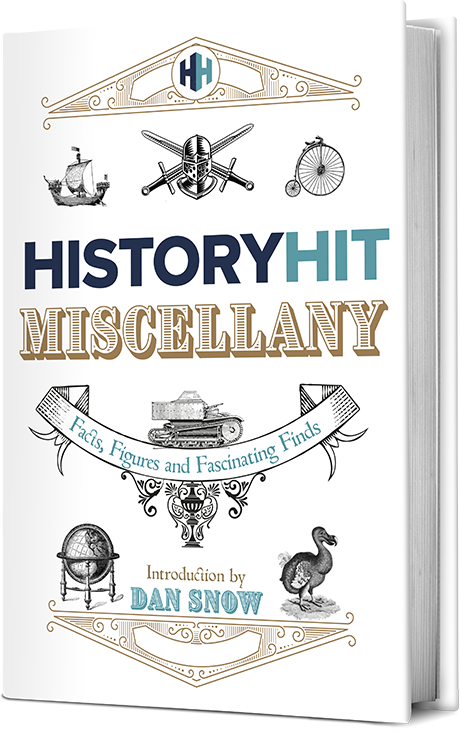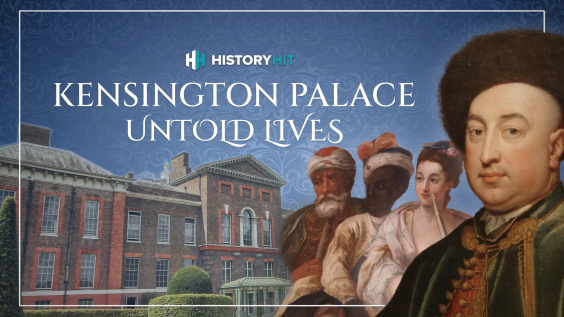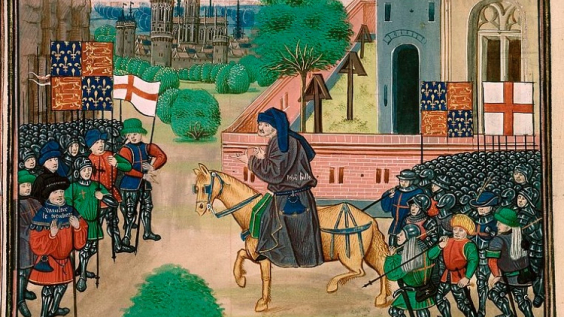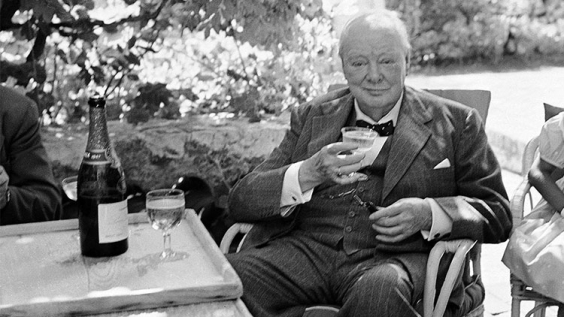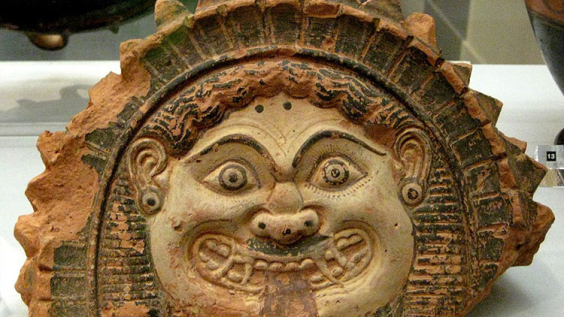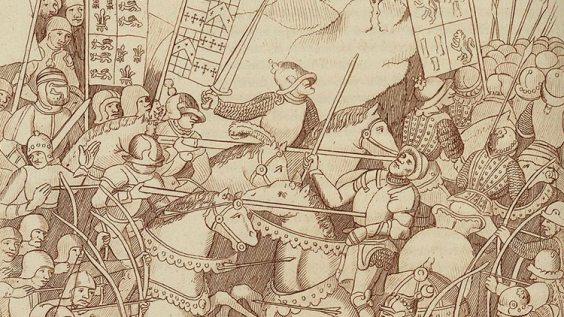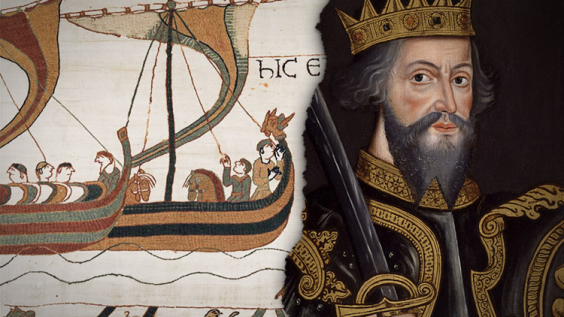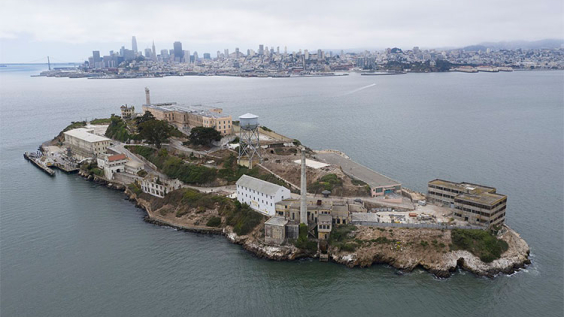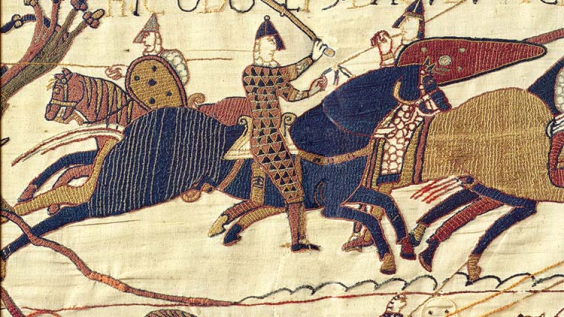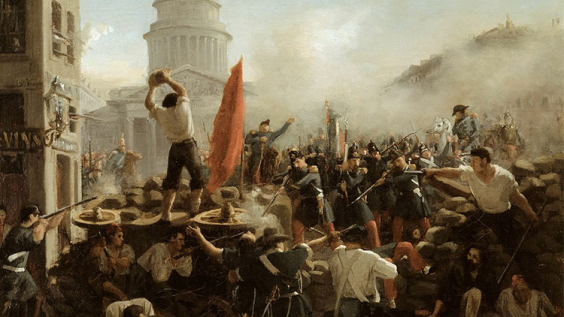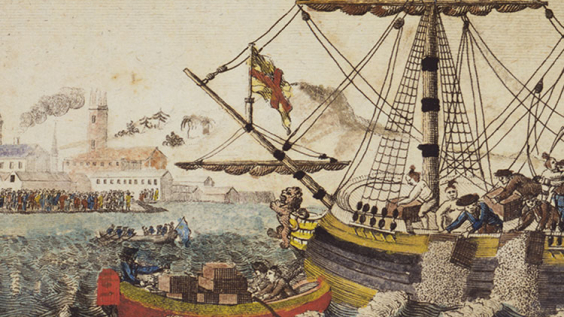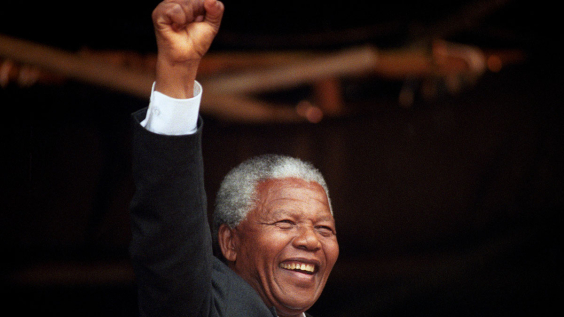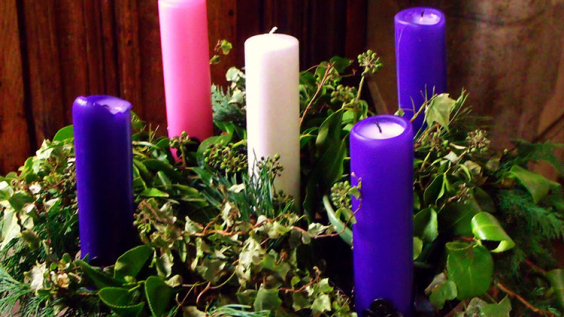
The Vikings were invaders and settlers who came from Scandinavia and travelled by boat as far as North America in the west and Central Asia in the east from about 700 AD to 1100.
The word “Viking” meant “pirate raid” in the Old Norse language that was spoken in Scandinavia around the same period. And the Vikings are certainly most famous for their plundering.
But not all Vikings were pirates or raiders. Many voyaged to other countries to settle peacefully and farm or craft, while others travelled the high seas to trade goods to take back home to Scandinavia.
Leaving Scandinavia
These Norsemen, as they were known, began raiding as a means to survive as their populations expanded. The lands they came from were rocky and sandy and offered little in the way of good farm land.
Any fertile land that was to be found was jealously controlled by Jarls (owners of lands and men, ‘Earls’ in English) and self proclaimed kings. They therefore took what they needed from others, from lands with richer soil and less warlike tendencies.

This painting by Allaert van Everdingen captures the barren and rocky landscape of the Viking’s Scandinavian homeland. Image credit: Public Domain, via Wikimedia Commons
The “Danes” who went to the British Isles
The Vikings’ first raid on the British Isles took place in 787 AD. But it wasn’t until 793 and their attack on the wealthy and unprotected monastery island of Lindisfarne that their campaign of terror against the Anglo-Saxons really got going.
This raid, which took the Anglo-Saxons by surprise and sent shivers of fear across both the British Isles and the European mainland, is usually the point at which historians date the start of the Viking Age. The attack showed the Vikings what treasures awaited them on foreign shores and in the coming centuries they would raid as far as Constantinople in their quest for wealth, slaves and glory.
Anglo-Saxon kingdoms in modern-day England suffered particularly badly, however. The Anglo-Saxons called their terrorisers “Danes” but in reality the Vikings who came to the British Isles were also from Norway and Sweden.
As pagans, the Vikings thought nothing of targeting Christian sites and monasteries proved to be goldmines for them – both metaphorically and literally speaking. Not only were they filled with valuable treasures, such as gold and jewels, and other things worth stealing, like clothing and cattle, but the monks had no weapons with which to defend themselves.
 Listen Now
Listen NowIn 865, the Scandinavians sailed across the North Sea with a different purpose in mind. With good farmland increasingly scarce in their own lands, the Vikings didn’t want to just steal from the Anglo-Saxons and run off with the spoils this time around; they wanted to conquer land and stay put.
The Vikings came to settle large swathes of modern-day England, primarily in the north and east, with some also settling in parts of Scotland, Ireland and Wales. In fact, it was these invaders who founded the city of Dublin.
Over the next 200 years, control of England went back and forth between the Vikings and the Anglo-Saxons, with the year 1066 seen as the end point of the Viking Age. This year marked the death of Harald Hardrada, seen as the last great Viking king, at the Battle of Stamford Bridge, and the Norman conquest of England.
They were very good at a lot of things
As we’ve seen, the Vikings were clearly very good at raiding and invading; but those was just two of their many skills. They were also excellent craftsmen, not least when it came to boat-building. In fact, if it hadn’t been for their talents in this field then they probably wouldn’t have made some of the voyages that got them to the places where they carried out their infamous raiding in the first place.
 Listen Now
Listen NowThe Vikings’ advanced boat-making and the skill with which they used the end product also made them very good explorers. The most famous of the Viking explorers is undoubtedly Leif Erikson, who beat Christopher Columbus to the “New World” by a whopping 500 years.
As if all that wasn’t enough, these Scandinavians were also skilled at metalwork, wood carving, fishing and trading, exchanging goods for everything from silver and spices to wine and pottery. And they were resourceful bakers. They made a wide variety of breads, including a sourdough-style loaf!

